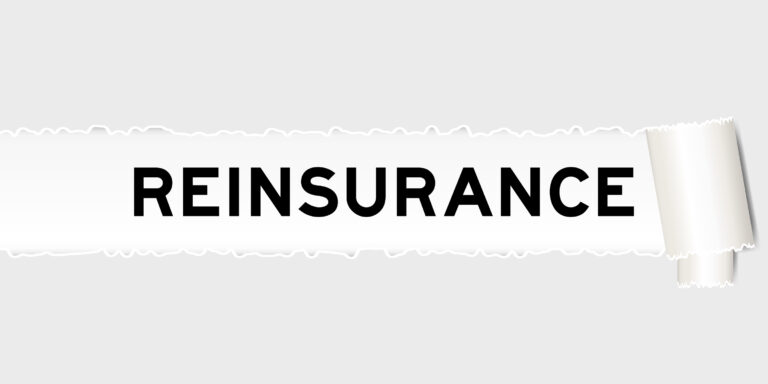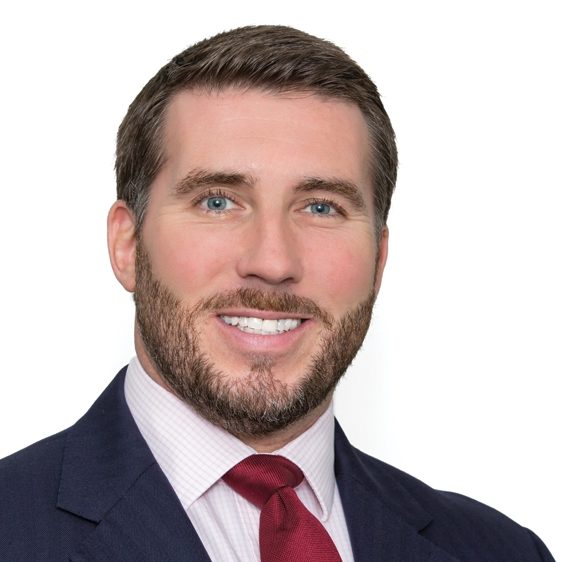
Cayman has long been a leading financial centre for both investment funds and captive insurance. However, it is now also flourishing as a dynamic jurisdiction of choice for reinsurance.
In recent years, Cayman’s reinsurance industry has experienced double-digit year-on-year growth. In 2023 reinsurers accounted for 11% of the total insurance industry in Cayman and with an ever-hardening global reinsurance market, escalated pricing, increased retention requirements and limited capacity, this upwards growth trajectory appears set to continue.
In this article we consider some of the key reasons why market participants are increasingly choosing Cayman as a jurisdiction of choice for their offshore reinsurance structures.
Solvency II
Cayman reinsurers predominantly reinsure risk that is US-facing with over 90% of the risk covered by the jurisdiction emanating from North America. Like the US, the Cayman has not sought equivalency under the European Union’s Solvency II framework (Solvency II). Solvency II imposes a rigid capital ratio framework that forces reinsurers to reserve capital that could otherwise be deployed. As a result of this decision, Cayman is able to offer US and other non-European reinsurance focused entities greater flexibility in respect of the regulatory capital ratios and investment options which frequently results in lower overall operating costs.
A divergence from Solvency II means that prospective licensees are able to engage with the Cayman Islands Monetary Authority (CIMA), which adopts a risk-based approach to regulation, to construct bespoke and appropriate capital models. Cayman’s insurance legislation permits reinsurers to develop their own internal regulatory capital models, including capital models using the National Association of Insurance Commissioners (NAIC) risk-based capital guidelines. CIMA’s pragmatic and flexible approach enables licensees to structure their capital in an efficient manner and, if desired, align with US regulatory and reporting requirements.
Tax neutrality
Cayman remains committed to its tax neutral status. This allied to the lack of a dual tax regime is a key draw for reinsurers considering establishing an offshore structure. Tax neutrality allows for increased financial flexibility helping reinsurers create bespoke and highly efficient capital models.
NAIC
The Cayman government confirmed in 2023 that it is committed to achieving equivalency with the US’s NAIC’s standards. Achieving NAIC equivalency as a jurisdiction signifies to the global reinsurance market that Cayman has a regulatory framework that, when required, is the equivalent of the rigorous standards set by the NAIC’s members in the US. Achieving NAIC equivalency would further enhance the jurisdiction’s reputation and position as an international financial centre due to improved confidence among investors, cedants, other regulators and market participants.
Effective & innovative regulation
Cayman’s reinsurance industry is anchored by a prudent yet responsive regulatory regime, with a regulator that adopts a business centred approach to regulation. The licence application process for a reinsurer is measured in weeks rather than months with CIMA’s published timelines citing a six to eight week turnaround from the receipt of a complete application to the grant of an insurance licence being realistic. With competitive licensing fees, an express system for company incorporations and a regulator that operates within the boundaries of a consistent and understandable regulatory policy, new entrants are able to act quickly and plan accordingly with confidence.
Institutional investors and re-insurance
Cayman is well known for being a preferred jurisdiction for structuring alternative investments, including hedge, private equity and venture capital funds. However, there is an increasing correlation between institutional investors and reinsurance, which can be seen in structures where alternative investment funds invest into and/or establish Cayman reinsurers.
Investment funds domiciled in Cayman increasingly play a key role in capitalising reinsurance entities or allocating capital to insurance-linked investments, fostering an interconnected financial ecosystem. With almost 30,000 Cayman funds and $8 trillion AUM, cross pollinationbetween investment funds and the Cayman reinsurance industry is set to continue. Institutional investors are intimately familiar with the unique benefits of structuring through Cayman and naturally gravitate towards the jurisdiction.
Life in Cayman
Another draw for a reinsurer seeking to set up in Cayman is that it can either establish a physical presence with offices and staff in Cayman from inception or it can instead outsource certain functions to a CIMA regulated insurance manager, of which there are a plethora of world-renowned providers. This flexibility is often prized by new arrivals.
For entrants that wish to establish a physical presence on the island, executives can secure a 25-year Substantial Business Presence Certificate which provides immediate security of tenure. Cayman has no restriction on expatriates buying real estate and this together with excellent schooling (with a US or a British curriculum), extremely low crime rates, efficient transport links and world class infrastructure helps foster a highly cosmopolitan environment to live and work in. As more reinsurers are established in the jurisdiction the ecosystem of reinsurance expertise looks set to continue to evolve at a rapid rate resulting in an increasingly sophisticated talent pool of reinsurance professionals.

Jacob MacAdam is a Partner in the Corporate Finance, Private Equity, (Re) Insurance and Regulatory practice groups at Appleby.


